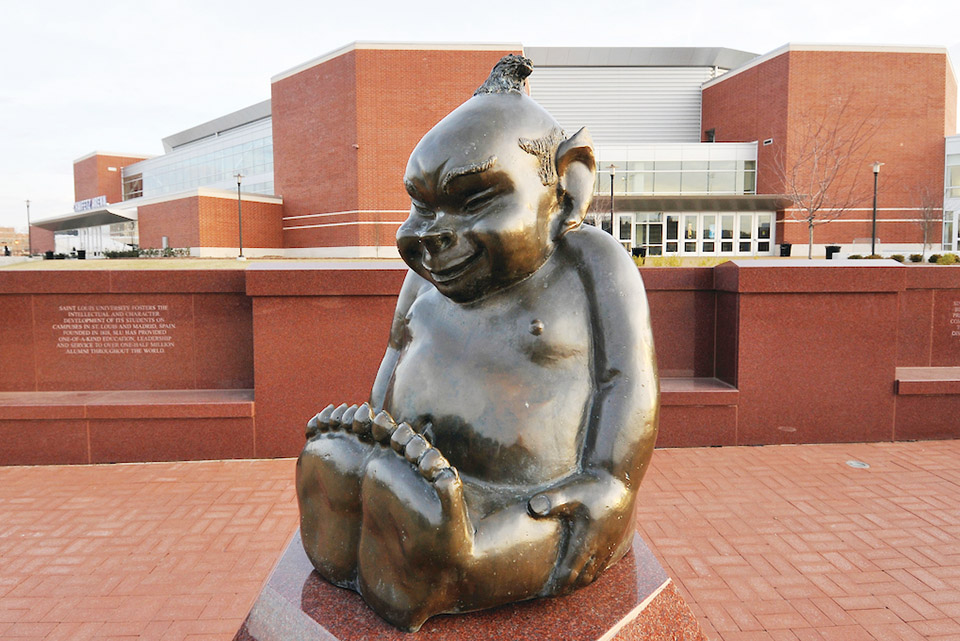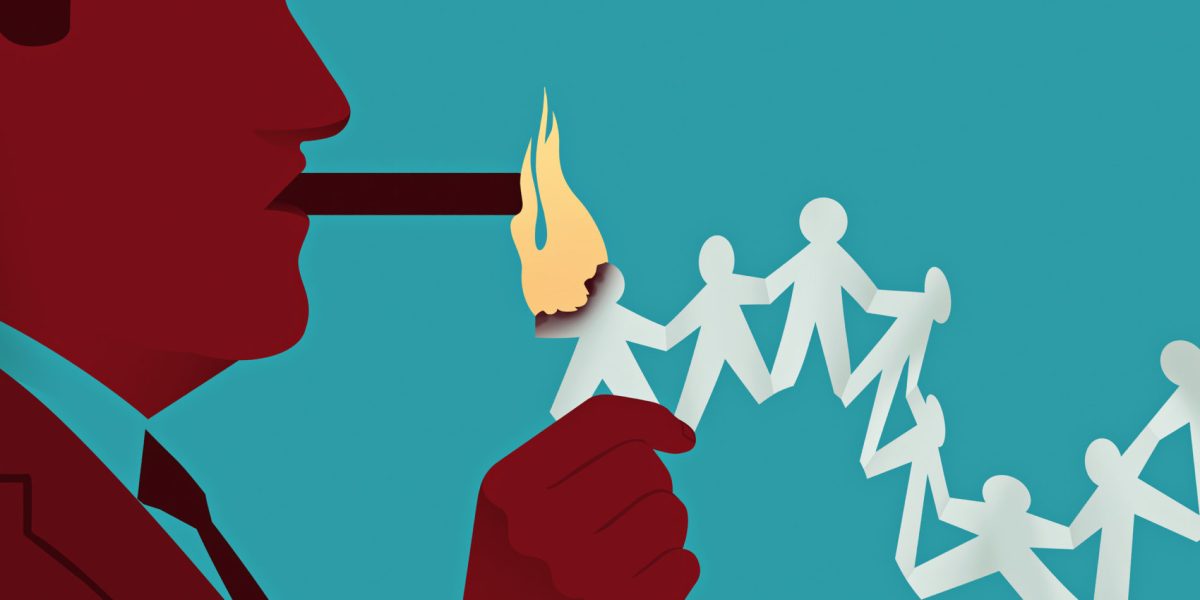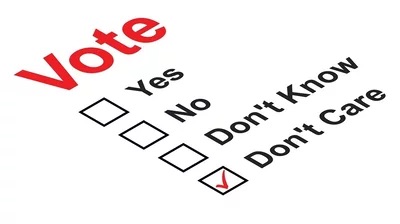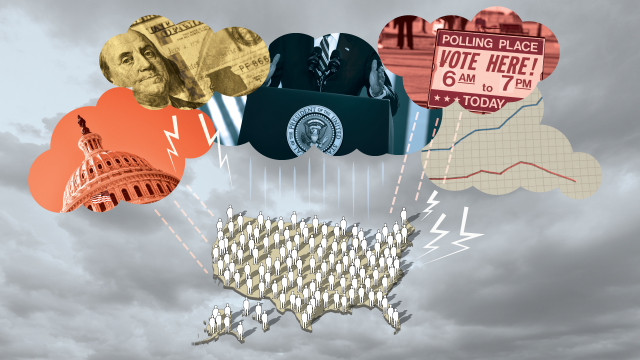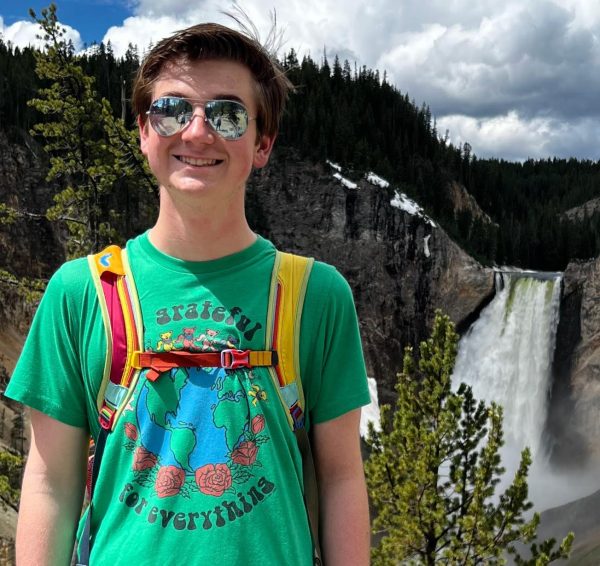It is almost universally agreed upon that flying is a terrible experience. Long layovers, overpriced gadgets and the use of security theatre all lead to travelers’ frustration and overall discontentment with air travel. In addition to consumer uneasiness, flying has a significant impact on climate change, contributing to almost four percent of global emissions. Despite the hassle, many Americans still choose to fly as it is usually the fastest way to travel long distances and simply there is no better alternative. Considering these factors, it is important to look to other options for travel, namely high speed rail, to ensure that travelers reach their destination safely and in a timely manner.
The Transportation Security Administration (TSA) is remarkably bad at their jobs. In an undercover operation performed by the Department of Homeland Security, ABC News reported that fake guns and bombs were smuggled onto planes nearly 95% of the time. Since the TSA’s whole point is to protect people while traveling, this announcement requires one to question what their purpose is. Taking off your shoes and removing all electronics bigger than your phone seems odd considering that they missed much more obvious security concerns. Now, I am not saying that security on airlines is not important, rather quite the opposite. I argue that TSA must be restructured in order to actually protect travelers while also not imposing a draconian set of rules when trying to board a plane.
When you enter the concourse, your senses are bombarded with bright lights and sweet smells from Auntie Anne’s kiosk and Cinnabon. When you approach these stands though, you are greeted with ridiculously high prices. But what other option do you have? TSA confiscated your water bottle or dumped it out, and chances are you do not have the room or space to pack a hot meal. Emily Stewart, in an article with Vox News, notes that: “You essentially get two choices: fork up and pay for that water or wine or set of headphones because you forgot yours at home, or wait it out and hope your flight doesn’t get delayed if you forgot to bring a snack.” While there are increased measures that goods need to go through in order to be sold inside of an airport, usually such increases should not be more than 10-15%. The monopolistic pricing that has become one of the standard airport experiences further contributes to the dissatisfaction of journeyers.
Lastly, as if all of these issues were not enough, air travel is a major contributor to climate change. Greenhouse gases such as carbon dioxide (CO2) and nitrous oxide (NOx) are spewed out by jet fuel, the latter being the main carcinogen produced by aircraft. While commercial airliners are the most prominent polluters in the industry, private jets are also incredibly damaging to the environment. In a report from EuroNews, private jet emissions totalled to nearly 5.3 million tonnes of CO2 from 2019-2022, which is nearly the total emissions of Uganda for a year. There have been advancements in electric planes currently, though they are mainly limited to private jets which again are much less frequent.
The best solution to this issue: high speed rail. Trains are a much cleaner and more environmentally friendly alternative to flying that many countries are experimenting with. However, this option is not available to American citizens since many roadblocks are in place from the auto and airline industries that would see a reduction in profits caused by this new technology. The only option that Americans have to cross the country other than buses, flying and driving is Amtrak which has numerous issues and in need of a serious revitalization. In order to pull this off, new infrastructure would need to be built which would provide jobs to many Americans, not to mention the need for engineers and other personnel.
High speed rail provides the same benefits that allure people to domestic flights without the red tape and pollution. There will be little need for such bizarre and heavy-handed security measures that are a staple of air travel. While some of the issues regarding air travel will remain, offering a counter to the high prices and ineffective security measures will better both industries in the long run.





